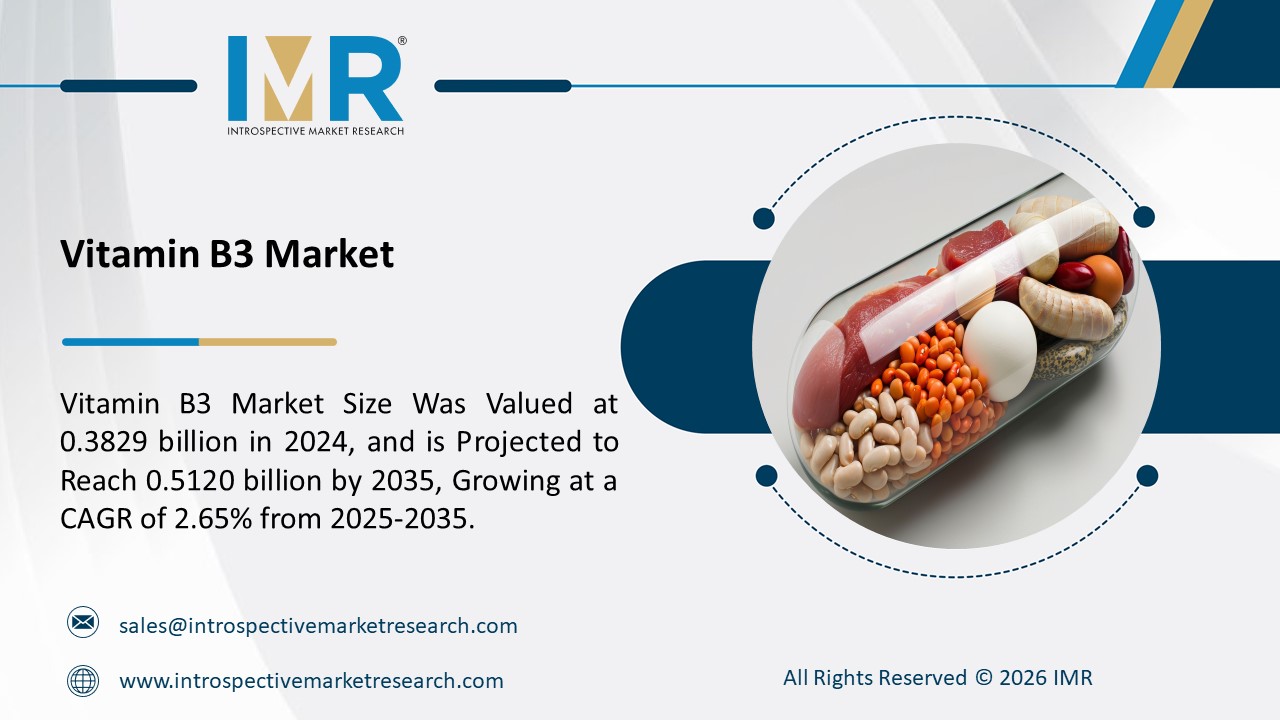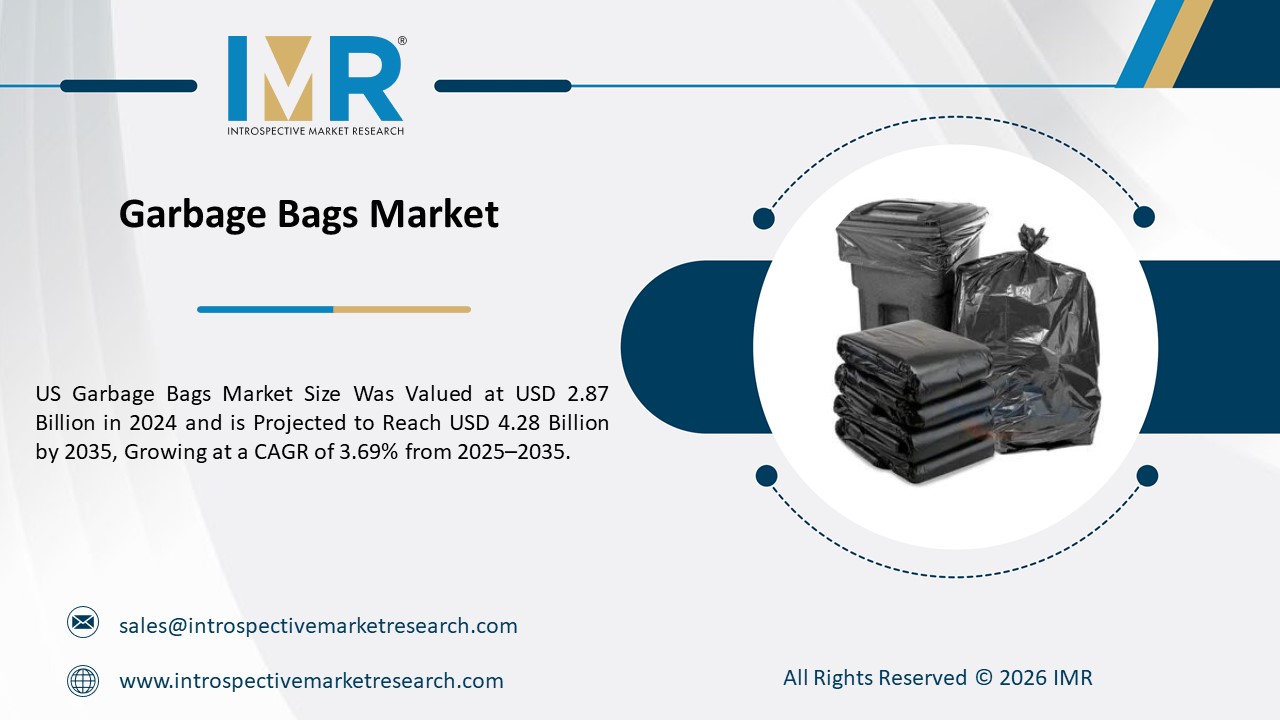Plant Protein Ingredients Market
According to a new report published by Introspective Market Research, titled, ?Plant Protein Ingredients Market by Type, Form and Application: Global Opportunity Analysis and Industry Forecast, 2024?2032,?
Plant Protein Ingredients market size was valued at $ 6 billion in 2023, and is projected to reach $ 10.33 billion by 2032, registering a CAGR of 6.22 % from 2024 to 2032.
Plant protein components are plant-based protein sources such as hemp, peas, soybeans, and lentils. These components are used as a healthy and sustainable alternative to animal-based proteins in a variety of food and beverage products. Ingredients derived from plant proteins are widely used in plant-based meat substitutes, dairy substitutes, protein bars, snacks, and baked goods in the food and beverage sector. Because of their versatility, producers can create a wide range of goods that satisfy a variety of nutritional requirements, such as flexitarian, vegetarian, and vegan diets.
The Plant Protein Ingredients Market is segmented into Type, Form, Application, and region. By Type, the market is categorized into Pea Protein, Potato Protein, Soy Protein, Rice Protein, Hemp Protein and Wheat Protein. By Form, the market is categorized into Isolates and Concentrates. By Application, the market is categorized into Clinical Nutrition, Functional Food & Beverages, Infant Nutrition, Fortified Food & Beverages, Sports & Nutrition and Bakery. By region, it is analyzed across North America (U.S.; Canada; Mexico), Eastern Europe (Bulgaria; The Czech Republic; Hungary; Poland; Romania; Rest of Eastern Europe), Western Europe (Germany; UK; France; Netherlands; Italy; Russia; Spain; Rest of Western Europe), Asia-Pacific (China; India; Japan; Southeast Asia, etc.), South America (Brazil; Argentina, etc.), Middle East & Africa (Saudi Arabia; South Africa, etc.).
The demand for plant protein components is mostly driven by the growth of the sports nutrition industry. Nutrient-rich goods are becoming more and more necessary as individuals place a higher priority on their health and wellness, particularly among athletes and fitness fanatics. Since plant-based proteins are a more sustainable and healthful alternative to animal-derived proteins, they have gained popularity. In order to satisfy the demands of this growing customer base, producers are using more plant-based protein components as the global sports nutrition market continues to rise.
The market for plant protein components has a large window of opportunity due to the growing popularity of vegan and vegetarian cuisine. As more people adopt plant-based diets for ethical, environmental, and health reasons, the need for substitute protein sources is increasing. Plant protein components are a vital component of many vegan and vegetarian foods, providing a wholesome and sustainable answer to this need. This change in consumer attitudes toward healthier and more ecologically friendly eating practices creates a favorable market environment for foods containing plant protein.
Global Plant Protein Ingredients Market, Segmentation
The Plant Protein Ingredients market is segmented on the basis of Type, Form and Application, and region.
Type:
The type segment is further classified into Pea Protein, Potato Protein, Soy Protein, Rice Protein, Hemp Protein, Wheat Protein. Among these, the Pea Protein sub-segment accounted for the highest market share in 2023. For a number of crucial reasons, the pea protein category has taken the lead in market share. Pea protein is widely recognized for its remarkable nutritional content and versatility, which makes it a popular choice for consumers looking for plant-based protein substitutes. Because pea protein has a complete amino acid profile, it can promote muscle growth and repair just as animal-based proteins. Pea protein is also highly digested and hypoallergenic, making it a popular choice for anyone with dietary sensitivity or limits.
Application:
The application segment is further classified into Clinical Nutrition, Functional Food & Beverages, Infant Nutrition, Fortified Food & Beverages, Sports & Nutrition, Bakery. Among these, the Sports & Nutrition sub-segment is anticipated to show the fastest growth by 2032. A number of important variables position the Sports & Nutrition industry to lead the market. The market for sports nutrition products is being driven by consumers' increased attention to fitness and health on a global scale. Growing awareness of the importance of healthy eating to promote athletic performance and recuperation is a result of people becoming more physically active and health-conscious.
Region:
The Plant Protein Ingredients market in Asia-Pacific is projected to show the fastest growth by 2032. For several strong reasons, Asia Pacific is positioned to lead the market. The region's demand for food and beverages, among other consumer items, is fueled by factors like as its quickly growing population, growing urbanization, and rising disposable incomes. There is a large market opportunity for producers and suppliers of food ingredients, especially plant protein ingredients, given this growing consumer base. The Asia Pacific area is seeing an increase in the adoption of plant-based diets due to shifting dietary choices and a greater knowledge of health and wellness.
Some of the leading Plant Protein Ingredients market players are
- DuPont (US)
- ADM - Archer Daniels Midland Company (US)
- The Scoular Company (US)
- CHS, Inc. (US)
- Mead Johnson & Company, LLC (US)
- Bunge Limited (US)
- Cargill, Incorporated (US)
- MGP (US)
- Ingredion (US)
- Axiom Foods (US), and Other Active Players.
Key Industry Developments
- In February 2024, Cargill and food tech leader ENOUGH, known for producing fermented protein sustainably, expanded their partnership to further innovate nutritious and sustainable alternative meat and dairy solutions that consumers crave. Cargill invested in ENOUGH?s recent Series C growth funding campaign and signed a commercial agreement to use and market its fermented protein.
- In December 2023, ADM, a global leader in human and animal nutrition, announced that it had reached an agreement to acquire UK-based FDL, a leading developer and producer of premium flavor and functional ingredient systems. FDL, with projected 2023 sales of approximately $120 million, including about 40 dedicated innovation specialists, had created more than 10,000 proprietary flavor formulations, enabling accelerated speed to market.
Key Findings of the Study / Key Industry Developments.
- The Asia Pacific region's rapidly growing population is driving increased demand for food and beverages.
- Accelerating urbanization in the region is contributing to higher consumption of consumer goods.
- There is a significant market opportunity for producers and suppliers of food ingredients, particularly plant protein ingredients.






